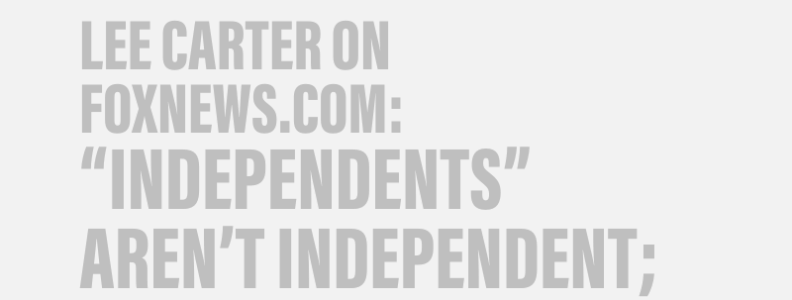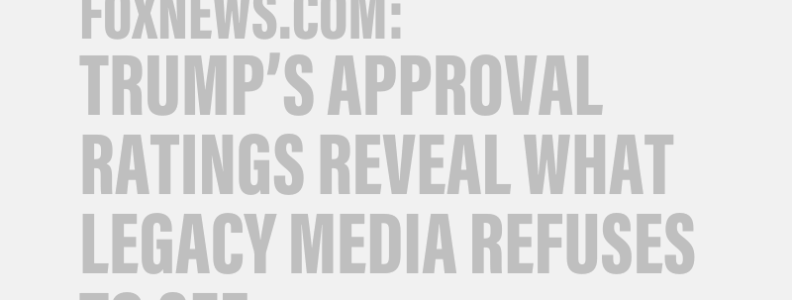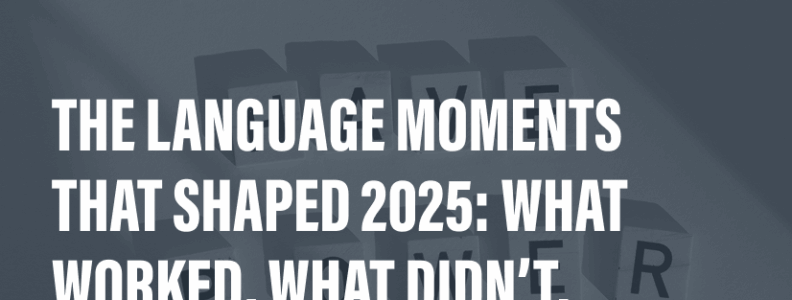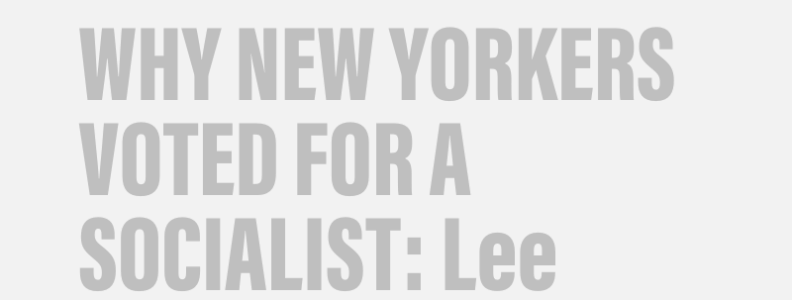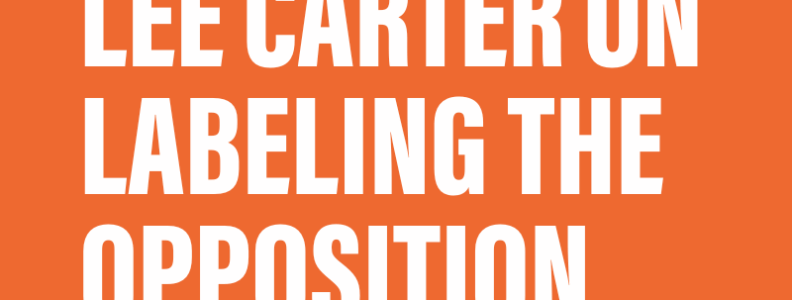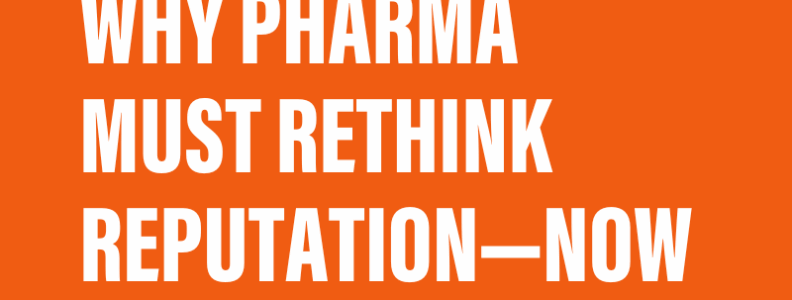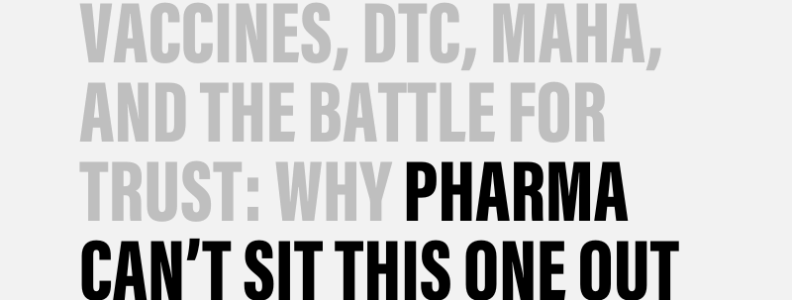The forty-five percent of Americans who now identify politically as “independents” (up from 43%) aren’t sitting in some enlightened middle ground. According to Lee Carter, in her latest piece for Foxnews.com, they’re out of the fray because both parties have let them down so badly that rejecting the label feels like the only honest option left.
Lee Carter on Foxnews.com: ‘Independent’ Americans aren’t independent – they’re just angry
